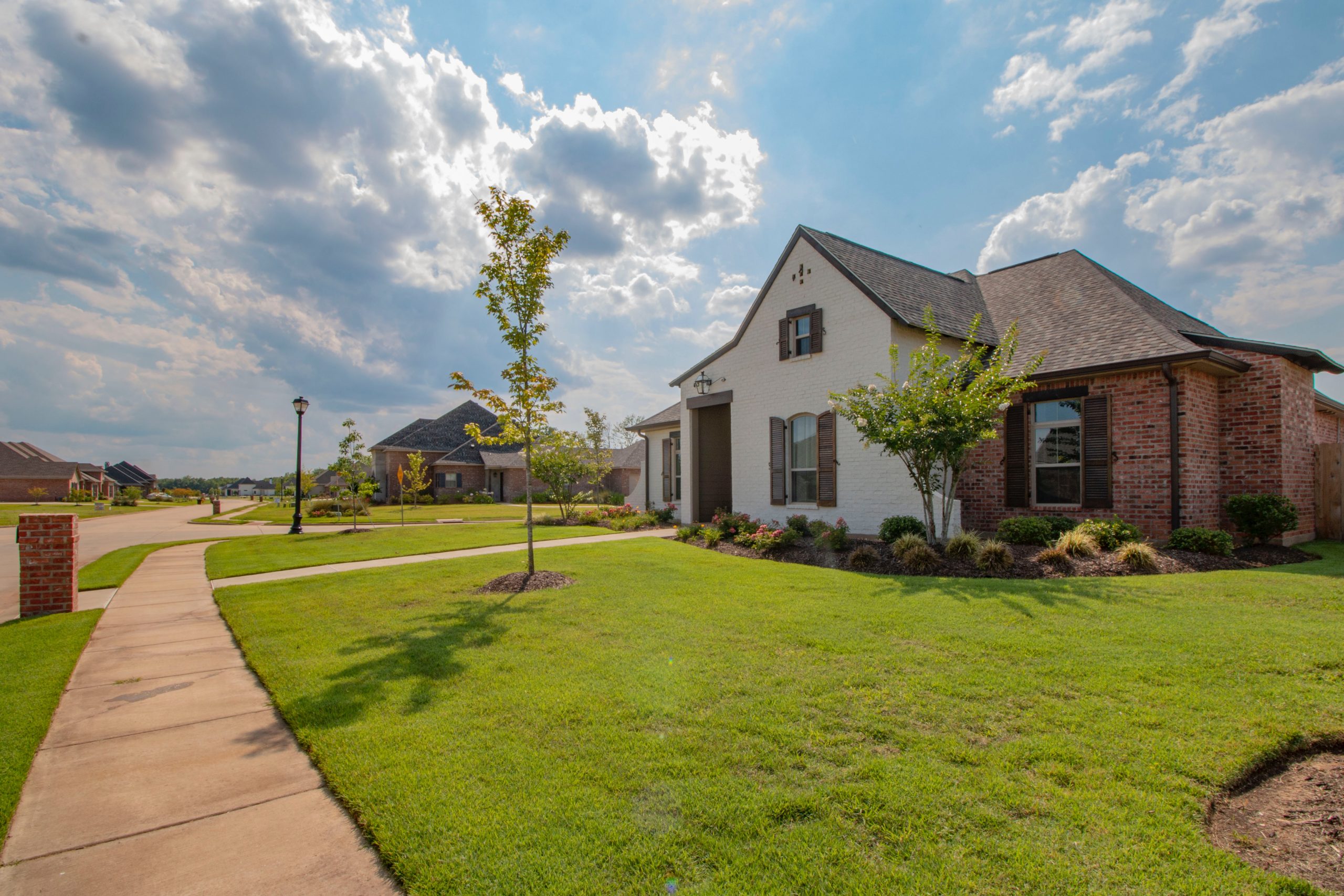When it comes to buying a home, one of the most critical decisions you’ll make is choosing the right neighborhood for your family. The neighborhood you live in can significantly impact your quality of life, daily routines, and even your property’s future value. Here’s a comprehensive guide to help you make an informed decision when selecting the perfect neighborhood for your family’s needs.
-
Define Your Priorities:
Start by listing your family’s priorities. Consider factors such as the distance to work, proximity to good schools, access to public transportation, safety, nearby amenities (parks, grocery stores, restaurants), and the overall ambiance of the area. Understanding what matters most to your family will guide your decision-making process.
-
Research School Districts:
If you have school-age children or plan to in the future, researching the quality of local school districts is paramount. Websites and resources that offer school ratings, reviews, and performance data can provide valuable insights into the educational opportunities in the area.
-
Evaluate Safety:
Safety is a top concern for families. Look into local crime rates and consider visiting the neighborhood during different times of the day to get a sense of its safety level. You can also connect with local law enforcement or community organizations for insights into the area’s safety record.
-
Check Commute Times:
Consider your daily commute to work, school, or other frequently visited places. Long commutes can significantly impact your quality of life over time. Test the commute during rush hours to ensure it’s manageable and won’t add undue stress to your daily routine.
-
Explore Amenities:
Proximity to essential amenities like grocery stores, healthcare facilities, parks, and recreational areas can greatly enhance your family’s lifestyle. A neighborhood with a variety of amenities can save you time and make daily tasks more convenient.
-
Research Future Development:
Look into any upcoming development plans for the area. New infrastructure, commercial centers, or public transportation improvements can influence property values and the overall character of the neighborhood.
-
Consider Long-Term Growth Potential:
Investigate the historical trends of property values in the neighborhood. A neighborhood with a history of steady appreciation can potentially be a wise investment, providing a sense of financial security over time.
-
Attend Local Events:
Participating in local events, farmers’ markets, or community gatherings can give you a firsthand feel of the neighborhood’s atmosphere and the people who live there. It’s an excellent opportunity to interact with residents and gather insights.
-
Walkability and Public Transportation:
Evaluate the walkability of the neighborhood and the availability of public transportation. A walkable neighborhood with access to transit options can reduce your reliance on cars and promote a healthier lifestyle.
-
Talk to Residents:
Engage in conversations with current residents if possible. Their experiences and opinions can provide valuable information about what it’s like to live in the neighborhood day-to-day.
-
Visit Multiple Times:
Don’t rush your decision. Visit the neighborhood at different times of the day and on different days of the week. This will help you understand the noise levels, traffic patterns, and overall vibe during various scenarios.
-
Work with a Knowledgeable Real Estate Agent:
Enlist the help of a local real estate agent who has in-depth knowledge of the area. They can provide you with insights that might not be readily available online and guide you toward neighborhoods that align with your family’s needs.
Choosing the perfect neighborhood for your family is a process that requires careful consideration and research. By taking the time to evaluate various factors and prioritize your family’s needs, you can make an informed decision that will lead to a happy and fulfilling living experience. Remember, a house is more than just its walls; it’s the community and environment that truly make it a home.

 Facebook
Facebook
 X
X
 Pinterest
Pinterest
 Copy Link
Copy Link


